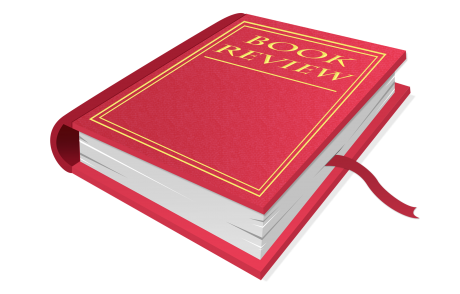 Other than textbooks and academic reading, the novels we most want to dive into often take a backseat during the school year. This makes summer the best time to catch up on all the reading we might have missed.
Other than textbooks and academic reading, the novels we most want to dive into often take a backseat during the school year. This makes summer the best time to catch up on all the reading we might have missed.
With extra time and some much-needed sunshine, taking the time to read or re-read a classic novel should be at the top of your list.
These novels, all fictional at their core, shed an enduring light on the discussions we have every day.
Here are the best three classics to take up your summer and realize more than you might have the first read around.
“To Kill a Mockingbird”
This famous novel by Harper Lee stands the test of time year after year, making it the perfect leisure read this summer.
The story is told by six-year-old Jean Louise French, but revolves around rape, racial inequity and classism in a small, complacent Alabama town. Following the courtroom drama of a black man who allegedly raped, a white woman and his lawyer fighting for justice over racism, this novel traverses a great deal of ground in just 300 pages.
These themes continue to be a prevalent part of today’s conversation, making “To Kill a Mockingbird” a lasting piece of news. Reading this book as part of high school English just isn’t enough to soak up all the ways this novel applies to everyday life.
“The Great Gatsby”
“The Great Gatsby” — a real F. Scott Fitzgerald classic — is the perfect combination of deep commentary and whimsy.
This is a novel of realism and mysticism, one that resonates with today’s social media obsession.
Set in the early 1920s, a young and struggling Nick Carraway gets swept up in the glitz and glamour of the American Elite. While Carraway becomes more deeply enthralled by the lives at the top, a love story emerges in Jay Gatsby, a mysteriously rich man, and Daisy Fay Buchanan.
Whether Fitzgerald knew it or not, this novel’s commentary on reality and perception lived long past the early 1900s. Put down social media for a day to read this classic — it has all the drama and allure needed to fill that void.
“Fahrenheit 451”
There is nothing more timeless than a classic by Ray Bradbury.
Divided in three parts, this 1953 dystopian novel explores a world where books are outlawed and heightened knowledge is frowned upon. “Firefighters” destroy any books left in the futuristic society and burn the possessions belonging to anyone found with books.
This novel examines the lack of knowledge in the futuristic American setting and how many people simply believe what they hear.
Now, this novel is a commentary on the amount of knowledge we have at our fingertips, all while knowing very little as information is sent out in 280 characters or via Facebook.
There are so many ways “Fahrenheit 451” applies to our lives today, it just takes a fresh look.
Hailey Stewart can be reached at [email protected] or on Twitter @Hailey_ann97
